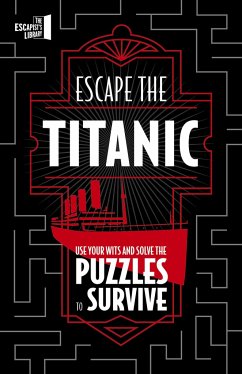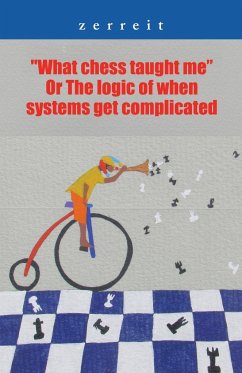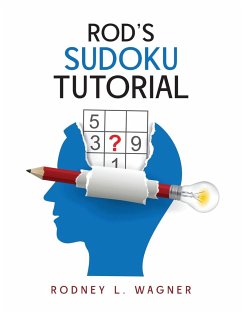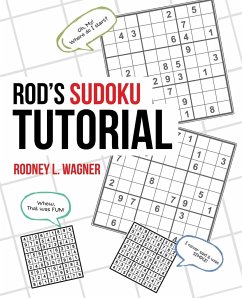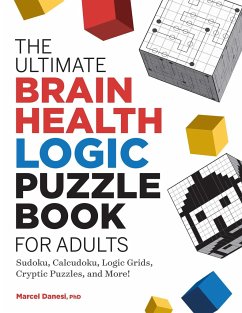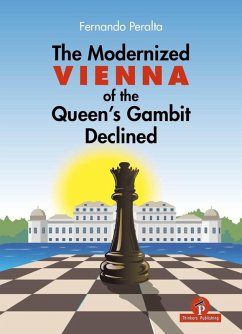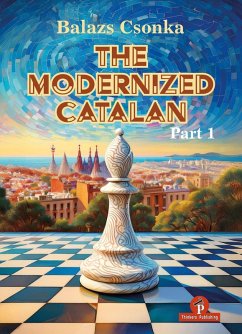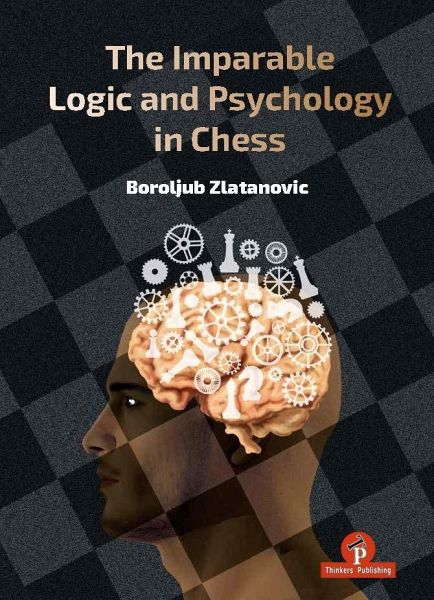
The Imparable Logic and Psychology in Chess
Versandkostenfrei!
Versandfertig in über 4 Wochen
33,99 €
inkl. MwSt.

PAYBACK Punkte
17 °P sammeln!
Much has been written in chess about specific openings, players and tournaments. From experience, those are not easy books to write (because you need to be analytically laser-sharp), but at least you know what you’re signing up for. By contrast, books like the one you currently hold might be laxer on the minutiae, but as a whole can be harder to conceive and transform into finished reality. While not requiring using cloud engines on depth-56 to find a novelty, they are instead (so to speak) “painted with a broader brush”. Two examples of what I mean are Vukovic’s The Art of Attack in...
Much has been written in chess about specific openings, players and tournaments. From experience, those are not easy books to write (because you need to be analytically laser-sharp), but at least you know what you’re signing up for. By contrast, books like the one you currently hold might be laxer on the minutiae, but as a whole can be harder to conceive and transform into finished reality. While not requiring using cloud engines on depth-56 to find a novelty, they are instead (so to speak) “painted with a broader brush”. Two examples of what I mean are Vukovic’s The Art of Attack in Chess and the famous classic, Nimzowitsch’s My System. In each, the author is a professional who brings across nothing more nor less than their philosophy of how the game should be played, and the degree of emotional energy they pour into it manifests in a work that rightly reflects the status of our game, not merely as an academic endeavor but as a cultural one. The current book is a fitting, if not overdue, addition to that genre. As a cultural phenomenon, chess exists somewhere on the spectrum between natural philosophy (by which I mean science in its traditional form) and fine art. Viewed statically from the outside, it combines elements of both. Viewed dynamically from the inside, that same ambiguity which the game of chess straddles can be viewed as being that between logic and psychology.



